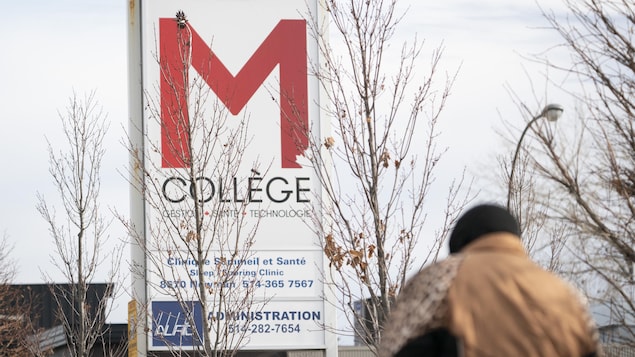Alberto Fernández can explore in the mirror of Santa Cruz to venture the future of his presidency. For Kirchnerism, the political experiment of the borrowed pen has a precise background.
Where are Héctor Icazuriaga, Sergio Acevedo, Carlos Sancho, Daniel Peralta today? These four leaders are only united by two coincidences: all had at the time the delegated power of the Kirchner clan. They ruled Santa Cruz on behalf of another. They all shared a common ostracism fate.
None were unnoticed. Kirchnerism applied the same method of political delegation over and over again. Government is lent, power is retained. The best possible political destiny for those who wielded borrowed power is that there be none.
Cristina Kirchner no longer wants to hold the presidency as before: she wants her son Máximo to get that place. With that objective he placed him in the leadership of the majority bloc of the Chamber of Deputies and now in the ownership of the Buenos Aires PJ. The caste of the caste of national politics.
The two allies that Cristina found to return to power are obliged to drive that fate. Alberto Fernández must do it; Sergio Massa has to fulfill it. They lack the political autonomy to object to it. Other spurs of the political corporation, the club of governors and pro-government mayors and the union managers of social security, look on with distrust, although not so much as to meddle.
The scale necessary for Máximo Kirchner’s presidential project is the October election. Cristina has put the government in a forced march to get there in triumphal conditions. The prospects are not encouraging. The citizen discussion is centered on the official mismanagement of health policy and the economic crisis that continues to worsen.
None of the voters in the 41 percent who opposed Cristina’s return have an argument at hand to change their vote. Those disenchanted with the previous government who joined the punishment vote now have deeper reasons to punish again, against the new ruling party. And the new disenchanted people who voted for Alberto Fernández as a promise of change appear in the polls.
However, Kirchnerism still retains almost a third of unconditional support. If the opposition is fragmented in the key districts, even by the centrifugal logic of any legislative election, Cristina will have managed to climb the first step. In the next election, polarization can do the rest.
These feverish calculations that are commonplace in the gatherings of the Patria Institute explain the increasingly growing divorce between government management and the afflictions of the common citizen.
The most ostensible of these alienations is the discussion admitted by the President – with a lightness worthy of a better cause – about the impunity of the officials investigated for corruption. Alberto Fernández has already taken a step of worrying relevance. He tried to reduce the debate to two equally inadmissible options: pardon or amnesty.
The Kirchnerist judicial table made its evaluation of 2020. The tactics of harassment and demolition on the Judiciary were cumulative and efficient and will continue. But they are not running fast enough to stop ongoing investigations. They were thought in a political context where social exhaustion due to the pandemic did not exist as a limitation.
The spokesmen against lawfare go to evocations of prisoners and victims of the last dictatorship. Society counts day by day the deaths of the pandemic in the present. And it condemns the improvisations of the Government with the immunization operation promised as definitive redemption. The one by two of the Russian vaccine from which Carla Vizzotti had to become. Or the curfew announced by the government that failed to overcome the governors’ veto.
The second and no less serious official alienation from the citizen agenda is the deterioration of the economy. Martín Guzmán has disappeared from the places he used to frequent. Since testing a prospectus for IMF assistance, he has had at least two unpleasant news.
Negotiations with the Fund have been delayed by the North American institutional crisis, the depth of which is just emerging with all its edges. The second novelty is the internal brake on some measures already discussed with the Fund’s technicians, such as the rate update and the reduction of subsidies due to the health emergency. Meanwhile, social groups with structural muscles such as the countryside and the unions have already begun to send warning signals.
President Fernández’s strategic problem is Máximo Kirchner. Cristina and Máximo’s central challenge may be of a different nature if persistent social exhaustion worsens.

![[문화][앵커리포트] ‘Snow Duck’ appeared on BTS’s SNS…extraordinary snowman fever [문화][앵커리포트] ‘Snow Duck’ appeared on BTS’s SNS…extraordinary snowman fever](https://image.ytn.co.kr/general/jpg/2021/0113/202101131250266373_t.jpg)
